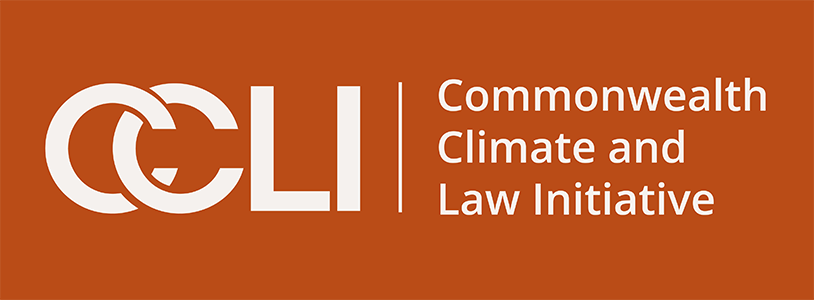The World Economic Forum, in partnership with PwC, has released a white paper, How to Set Up Effective Climate Governance on Corporate Boards: Guiding principles and questions, highlighting that company directors have a crucial role to play in addressing the disruptive effects of climate change on business. The white paper will help drive the conversation on climate change and business at the World Economic Forum’s annual meeting of heads of state and business leaders at Davos, Switzerland on 22-25 January 2019.
Legal experts at the Commonwealth Climate and Law Initiative (CCLI) contributed to the white paper.
CCLI Director Ellie Mulholland said: “Climate change is a foreseeable financial risk issue for companies. As the white paper makes clear, climate governance is not an optional extra – it is an integral part of good governance.
“Directors’ legal duties require them to address the risks and opportunities of climate change as part of their corporate strategy, risk management, oversight and reporting processes or face potential personal liability.”
Business decisions slow or accelerate climate change and, in turn, climate change creates risks and opportunities for business. The pace of change and unprecedented uncertainty will require new approaches to corporate governance that draw upon climate science, macroeconomic analysis and traditional board oversight processes.
Based on consultation with executive and non-executive directors, senior management, professional experts and non-profit organisations, the white paper contains guiding principles and questions on how to set up effective climate governance on boards.
CCLI Australian Convenor Sarah Barker said: “Many directors are ill-prepared to navigate the step-change in governance and disclosure expectations. Directors need tools to help them understand the climate change mega-trend and incorporate climate risks and opportunities into corporate governance practice in a proactive, dynamic and considered way”.
Climate change has risen to the top of the policy and corporate agenda in recent years, with the Paris Agreement, the recommendations of the G20 Financial Stability Board’s Task Force on Climate-related Financial Disclosures, and the Special Report on 1.5ºC by the Intergovernmental Panel on Climate Change. This week the World Economic Forum released its Global Risks Report 2019, which identified climate change-related risks as three of the top five risks in 2019 by likelihood and four of the top five by impact.
Mulholland added: “We have 11 years left to avert climate catastrophe. The physical impacts of climate change on business are already visible and will only get worse. We need climate competent directors who will guide their companies through the transition to a net zero emissions economy set out in the Paris Agreement.”
